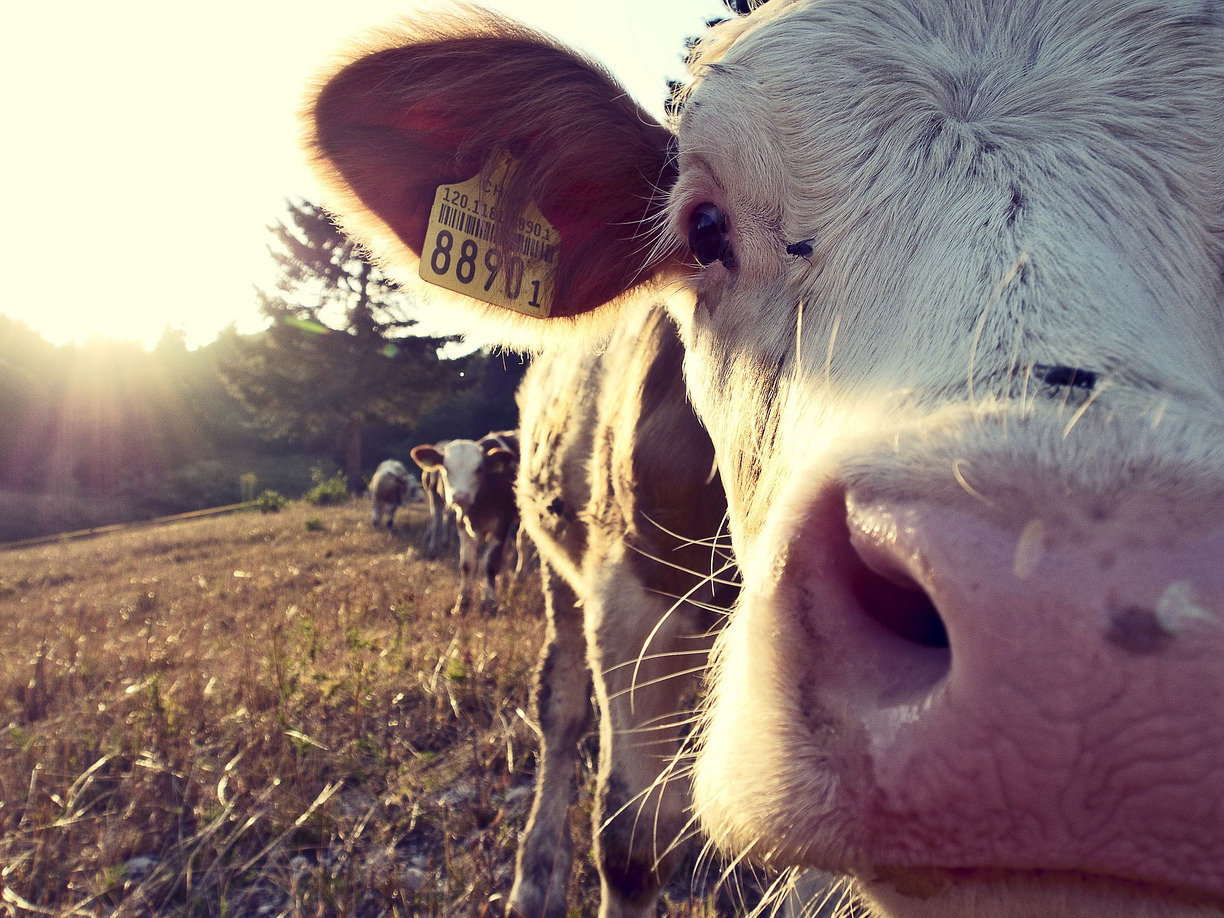A concerning number of Australian adults are choosing to eliminate dairy from their diet, a new study shows
A concerning number of Australian adults are choosing to eliminate dairy from their diet, despite the nutritional benefits, a new survey has found
A study published in this month’s Public Heath Nutrition, found that one in six (16.6%) adults surveyed was avoiding milk and dairy products. Almost one-third was also avoiding wheat products.
The survey involving 1184 participants was conducted between 2010 and 2011 by CSIRO and the University of Adelaide.
Out of 188 people avoiding dairy in the cross-sectional survey, the majority (72%) did so without medical evidence or oversight.
This group attributed negative reactions and symptoms, most commonly gastrointestinal discomfort and bloating or wind, to consumption of dairy.
“The avoidance of dairy […] appeared to rely substantially on a non-medically diagnosed connection between ingestion and symptoms,” the authors reported.
Women were more likely than men to avoid diary products. Those cutting milk and dairy from their diets were also more likely to support complementary medicine.
“The scale of people restricting their diet without medical reason is very concerning in terms of the public health implications, especially for women,” said CSIRO’s Bella Yantcheva, a behavioural scientist who was on the research team.
“[Insufficient dairy intake] has been known to result in reduced bone mineral density, increased incidence of fracture and other risks to health and well-being,” the authors said.
It is possible for older children and adults to substitute dairy with almond milk, soy milk or rice milk that contain supplemental calcium, nutritionist Dr Rosemary Stanton told TMR.
“But there are very few nutritional reasons why your diet would be better if you avoided a dairy product,” she said.
The elimination of dairy is dangerous “irrespective of whether individuals are correct in identifying dairy products as the cause of their symptoms”, the researchers argued.
Self-diagnosis runs the risk of serious health conditions going undetected and reducing dairy consumption can increase the risk of a condition like osteoporosis, the researchers said.
The results follow the research team’s findings that ten times as many Australians are avoiding wheat than those diagnosed with coeliac disease.
Dr Stanton said people often modified their diet in an effort to reduce anti-social symptoms such as farting, which many people mistake as a medical condition.
“Some people think if they pass wind that somehow or other it is some sign of a digestive imbalance,” she said.
While eating less yoghurt, cheese and wheat may reduce farting, this is not necessarily a sign of better health as gas is a byproduct of bacterial activity.
“Farting is actually normal,” said Dr Stanton. “It is not only normal, it is desirable because it means that you’ve got good bacteria doing nice things in your intestine. They are protecting you against bowel cancer.”
Dr Stanton said her research had shown that women on a normal Australian diet farted on average 8 or 9 times a day and men fart around 12 times a day.
“On a high-fibre diet that might go up even higher to 18 or 20 times,” she said.
“If you are going to be farting 60 times a day then you’ve got a problem.”
Public Heath Nutrition, June 2016


